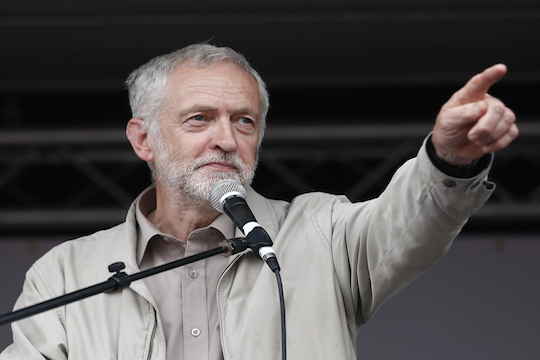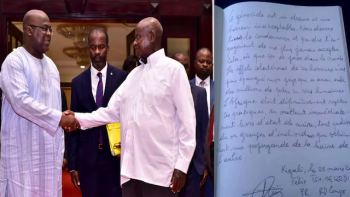In April 2017, Theresa May gambled and called for the so-called "snap" elections, with the hope to boost the Conservatives' majority in the Parliament and get a stronger mandate in negotiating the Brexit with the European Union. The snap elections gamble did not pay off.
The history of snap elections started in 2016. In June 2016, British voters decided to leave the European Union(EU) in what is now known as Brexit. The British people voted 52 percent to 48 percent to quit the EU. Following the elections, Theresa May was appointed Prime Minister. Addressing the House of Commons in London, Prime Minister Theresa May said that Brexit is an opportunity for the UK to "chart a new course, unencumbered by the bureaucracy of the multilateral organization based in Brussels."
On March 29, 2017, the United Kingdom government formally notified the European Union of its decision to leave the political and economic alliance made of 28 European nations. The announcement started a two-year divorce process and negotiations.
The elections on June 8, 2017 resulted in 318 seats for the Conservatives, short of the 326 needed for an outright majority in the U.K.'s 650-seat House of Commons. In the contrary, Labour Party leader Jeremy Corby, also known as the "Briton Bernie Sanders", scored big with 262 seats. Before the election, the Conservatives had 330 and Labour 229. Jeremy Corby ran a well oiled campaign, focusing on social programs and security issues and rejecting Brexit. Young people and millennials joined Jeremy Corbyn's side.
Now, having failed the elections they called themselves, the Conservatives appear in disarray. The results call in questions the negotiations over Brexit, as the deadline for starting the process, set to begin on June 19, 2017, approaches.
On Friday, June 10, 2017, Theresa May received formal permission from Queen Elisabeth II to form a government. Speaking after meeting the Queen, Theresa May said: "crucial Brexit talks that begin in just 10 days." and promised that the government will be "cracking down on the ideology of Islamist extremism and all those who support it and giving the police and the authorities the powers they need to keep our country safe."
To have a mendate, Theresa May has chosen to form an alliance with less known Democratic Unionist Party in Northern Ireland.
Labour leader Jeremy Corbyn was not convinced and asked Theresa May to resign, and said:
"The prime minister called the election because she wanted a mandate. Well the mandate she's got is lost Conservative seats, lost votes, lost support and lost confidence. I would've thought that's enough to go, actually. And make way for a government that will be truly representative of all of the people of this country."
Beyond the loss and the future of Brexit, the main question remains. Theresa May and the Conservatives were supported by some extremes fringes of the British society, who tend to favor xenophobia, extreme right agenda, and isolationism. Instead, the elections were won by Jeremy Corbyn, supported by young people, who are more open, for globalism, inclusive social programs, and for the European Union. Has UK started the path to the end of isolationism and the beginning of an inclusive society? Will the "Briton Bernie Sanders" Jeremy Corby lead the movement towards victory? Has Bernie Sanders' effect expanded to Europe?

















